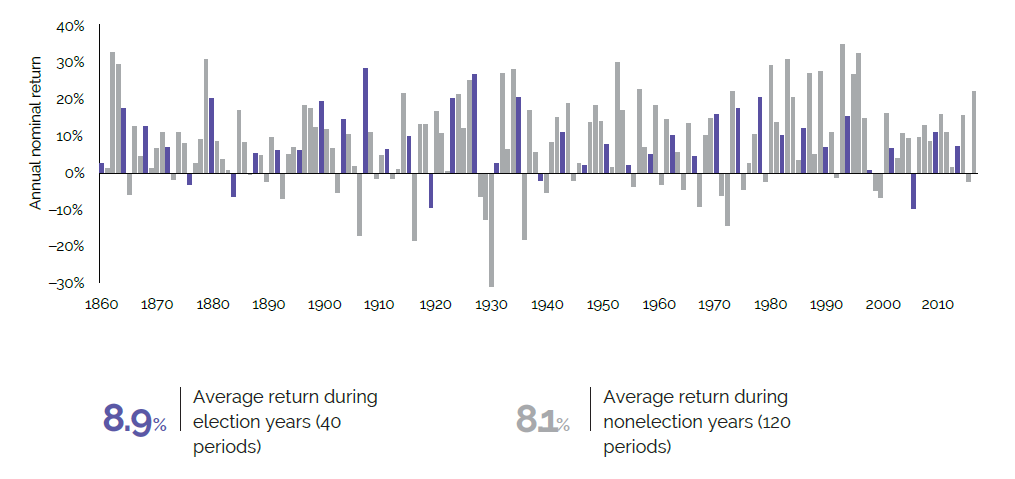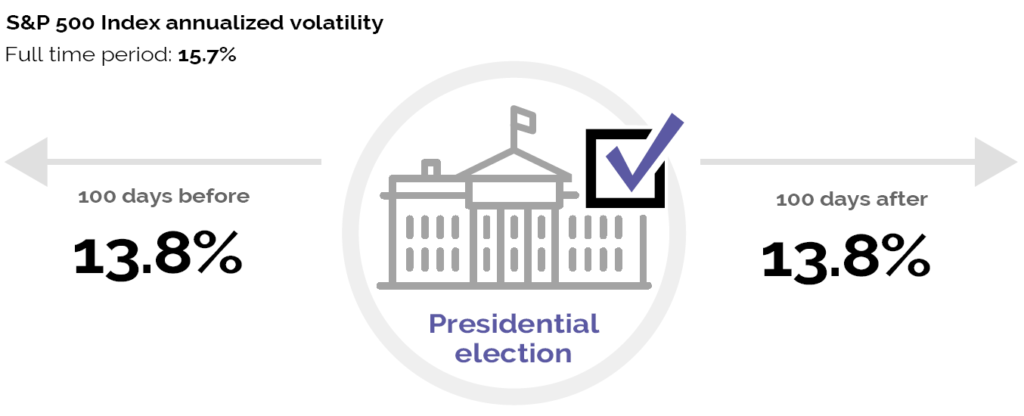Podcast: Play in new window | Download

What Are Powers of Attorney?
To begin, Chace explained that the term “power of attorney” essentially refers to the legal authority given to one person (the agent) to act on behalf of another (the principal). This authority can vary significantly in scope, depending on the type of power of attorney in place.- General Power of Attorney: This is the broadest form, allowing the agent to act on behalf of the principal in a wide range of matters. Chace highlighted that this could include managing financial affairs, making healthcare decisions, or handling legal matters, especially if the principal becomes incapacitated and unable to manage these tasks themselves.
- Limited Power of Attorney: In contrast, a limited power of attorney restricts the agent’s authority to specific tasks or decisions. For example, Chace mentioned scenarios where someone might need to authorize another person to withdraw a specific amount from their bank account or sign documents for the sale of a property while they are out of town. The limitations are clearly defined within the document, ensuring the agent’s authority only extends as far as necessary.
- Durable Power of Attorney: The concept of durability adds another layer to powers of attorney. As Chace explained, durability ensures that the agent’s authority remains in effect even if the principal becomes legally incapacitated. This is particularly important in cases where the principal might fall into a coma or suffer from a condition that prevents them from making informed decisions. Without this durability clause, the power of attorney would typically become void if the principal loses mental capacity.






